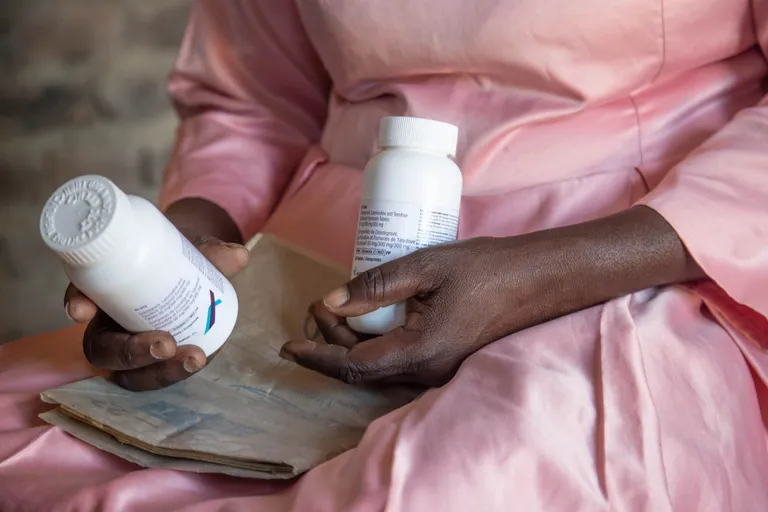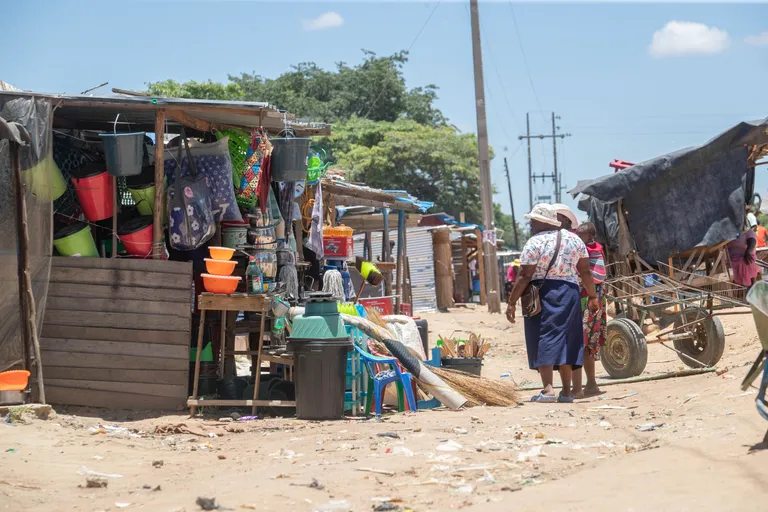
The recent 90-day suspension of U.S. foreign aid by President Donald Trump has precipitated a healthcare emergency across sub-Saharan Africa, threatening to reverse decades of progress in combating HIV/AIDS. The freeze has effectively halted the President’s Emergency Plan for AIDS Relief (PEPFAR), a program credited with saving over 26 million lives since its inception in 2003.

In countries like Zimbabwe, thousands of health workers funded by PEPFAR have been laid off, and clinics have shuttered, severely limiting access to HIV testing and treatment. Florence Makumene, a 53-year-old from Harare who has been on antiretroviral therapy since 2016, expressed her despair: “We are like orphans; we have no one to turn to.”
South Africa, home to the world’s largest population of people living with HIV, has also been profoundly impacted. The nation relies on PEPFAR for 17% of its HIV budget, supporting approximately 5.5 million individuals on antiretroviral treatment. The funding halt has led to the closure of numerous clinics and the dismissal of essential healthcare workers. Dawie Nel, director of the OUT LGBTQ clinic in Johannesburg, lamented, “The U.S. is a totally unreliable partner. The system is very volatile and chaotic.”
In Kenya, over 40,000 health workers face unemployment due to the aid suspension, jeopardizing care for the country’s 1.4 million HIV-positive residents. Hellen Anyango, a 43-year-old from Kisumu County, voiced her anxiety: “I don’t know if my family is going to lose me or what my future looks like.”
While U.S. Secretary of State Marco Rubio announced waivers to allow the continuation of lifesaving treatments, the lack of an established waiver system has left many programs in limbo. A federal judge has ordered the administration to lift the freeze, but the absence of a clear mechanism has hindered the resumption of aid.
The suspension’s ripple effects extend beyond healthcare, threatening to dismantle critical infrastructure and undo years of progress in HIV/AIDS prevention and treatment. As clinics close and healthcare workers are laid off, the risk of a resurgence in AIDS-related deaths looms large, prompting urgent calls for the restoration of funding and support to vulnerable communities across the continent.

GIPHY App Key not set. Please check settings